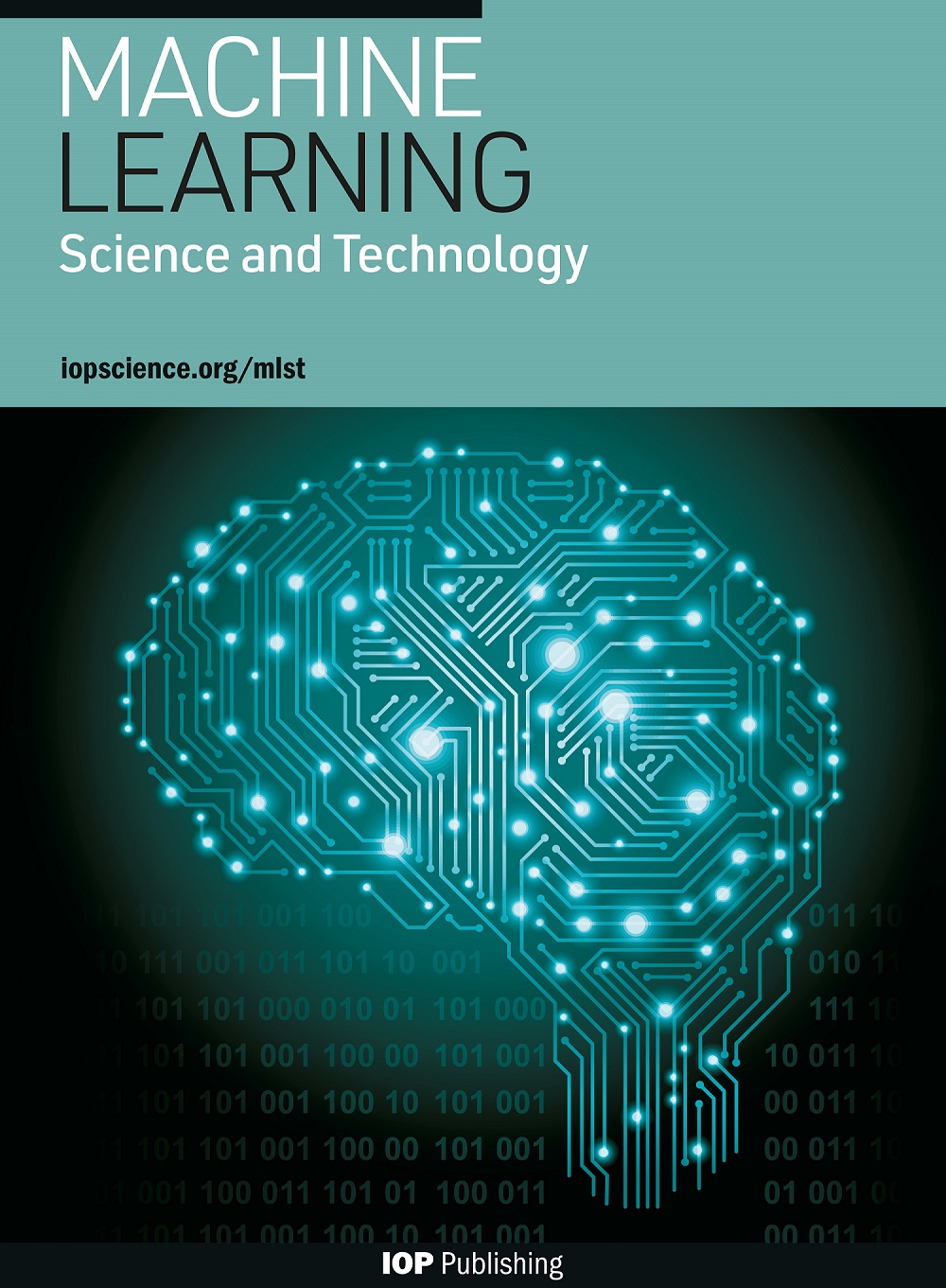Universal adversarial perturbations for multiple classification tasks with quantum classifiers
IF 6.3
2区 物理与天体物理
Q1 COMPUTER SCIENCE, ARTIFICIAL INTELLIGENCE
引用次数: 0
Abstract
Abstract Quantum adversarial machine learning is an emerging field that studies the vulnerability of quantum learning systems against adversarial perturbations and develops possible defense strategies. Quantum universal adversarial perturbations are small perturbations, which can make different input samples into adversarial examples that may deceive a given quantum classifier. This is a field that was rarely looked into but worthwhile investigating because universal perturbations might simplify malicious attacks to a large extent, causing unexpected devastation to quantum machine learning models. In this paper, we take a step forward and explore the quantum universal perturbations in the context of heterogeneous classification tasks. In particular, we find that quantum classifiers that achieve almost state-of-the-art accuracy on two different classification tasks can be both conclusively deceived by one carefully-crafted universal perturbation. This result is explicitly demonstrated with well-designed quantum continual learning models with elastic weight consolidation method to avoid catastrophic forgetting, as well as real-life heterogeneous datasets from hand-written digits and medical MRI images. Our results provide a simple and efficient way to generate universal perturbations on heterogeneous classification tasks and thus would provide valuable guidance for future quantum learning technologies.基于量子分类器的多分类任务的通用对抗摄动
量子对抗性机器学习是一个新兴领域,研究量子学习系统对对抗性扰动的脆弱性,并制定可能的防御策略。量子普遍对抗性摄动是一种小的摄动,它可以使不同的输入样本成为可能欺骗给定量子分类器的对抗性样本。这是一个很少被研究但值得研究的领域,因为普遍摄动可能会在很大程度上简化恶意攻击,对量子机器学习模型造成意想不到的破坏。在本文中,我们向前迈进了一步,在异构分类任务的背景下探索量子普遍摄动。特别是,我们发现在两个不同的分类任务上达到几乎最先进精度的量子分类器都可以被一个精心制作的普遍扰动最终欺骗。这一结果通过精心设计的量子连续学习模型(带有弹性权重巩固方法以避免灾难性遗忘)以及来自手写数字和医学MRI图像的真实异构数据集得到了明确的证明。我们的研究结果提供了一种简单有效的方法来产生异构分类任务的通用扰动,从而为未来的量子学习技术提供了有价值的指导。
本文章由计算机程序翻译,如有差异,请以英文原文为准。
求助全文
约1分钟内获得全文
求助全文
来源期刊

Machine Learning Science and Technology
Computer Science-Artificial Intelligence
CiteScore
9.10
自引率
4.40%
发文量
86
审稿时长
5 weeks
期刊介绍:
Machine Learning Science and Technology is a multidisciplinary open access journal that bridges the application of machine learning across the sciences with advances in machine learning methods and theory as motivated by physical insights. Specifically, articles must fall into one of the following categories: advance the state of machine learning-driven applications in the sciences or make conceptual, methodological or theoretical advances in machine learning with applications to, inspiration from, or motivated by scientific problems.
 求助内容:
求助内容: 应助结果提醒方式:
应助结果提醒方式:


